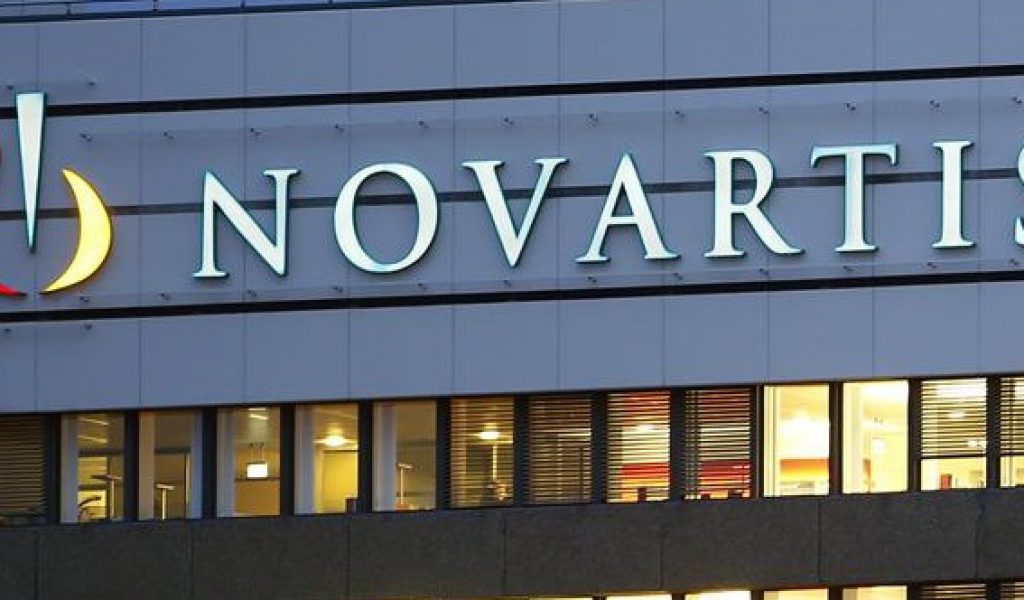Master in Management Ranking: St Gallen is the best
The Master’s in Management (MiM) degree is a good way to increase your salary and gain an edge over competitors in your first job search after college. The MiM is a pre-experience program largely taken by those fresh out of undergraduate courses.
Each year since 2004, the Financial Times has ranked the world’s best MiMs, this year on metrics such as salary increase, career progress, and value for money. On Monday, the FT released its latest ranking of the world’s 95 best MiM degrees. Switzerland’s University of St Gallen retained its top spot, the seventh consecutive year its MA in Strategy and International Management has come first. HEC Paris is in second place for the fourth year on the trot, while Spain’s IE Business School rose four places to third.









